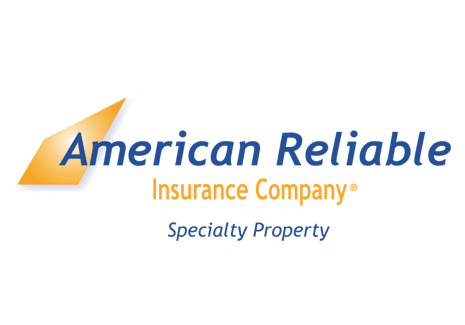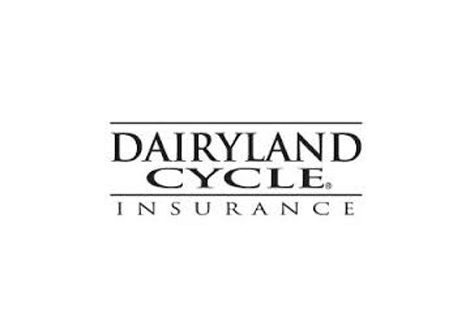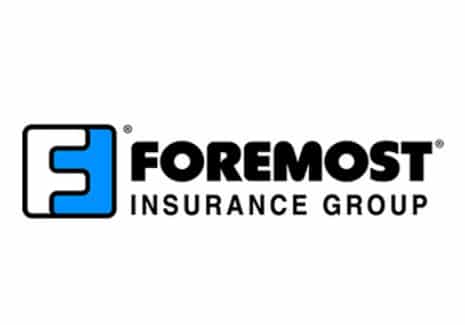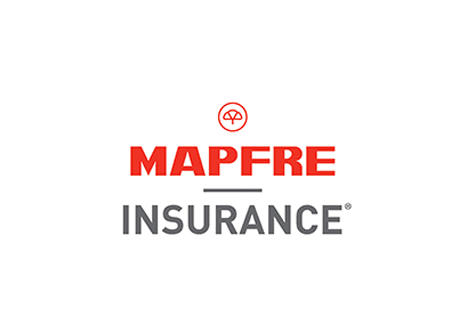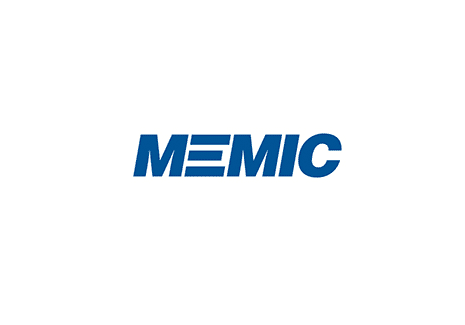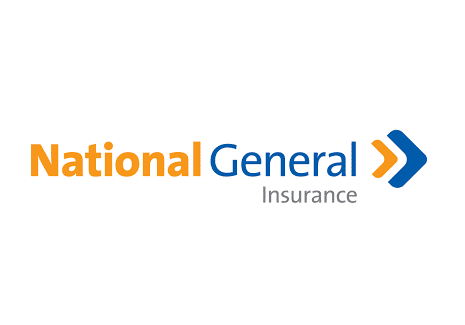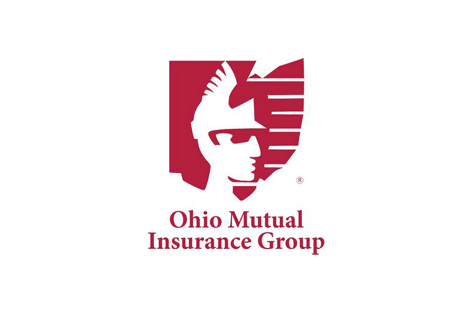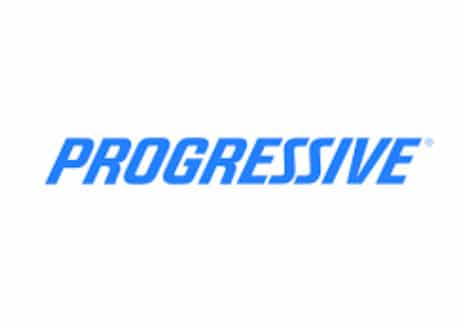Rental Property Insurance in Maine
Allen/Freeman/McDonnell Agency
Rental Property Insurance
- What Is It?
- Who Needs It?
- Coverages Offered
Rental property insurance provides specialized coverage for residential investment properties. These policies have some similarities with homeowners policies, but there are notable differences.
Landlords who finance their residential properties are frequently required by the terms of their loans to protect their buildings with certain minimum coverages. Even in the absence of any minimum coverage requirements, landlords general should still purchase a policy. Not carrying insurance can leave landlords susceptible to major losses and lawsuits.
- Rental Liability Coverage
- Commercial Property Coverage
- Commercial Contents Coverage
What is rental property insurance?
Owning rental properties presents inherent risks, as properties can be damaged and landlords can be sued. Rental property insurance can help landlords in Maine protect both their buildings and their businesses from many covered risks.
Rental property insurance provides specialized coverage for residential investment properties. These policies have some similarities with homeowners policies, but there are notable differences
Who in Maine should purchase a rental property policy?
Most Maine landlords should consider either a single or multiple rental property insurance policy. This broadly applies to both individuals and businesses with residential investment properties.
Landlords who finance their residential properties are frequently required by the terms of their loans to protect their buildings with certain minimum coverages. Even in the absence of any minimum coverage requirements, landlords general should still purchase a policy. Not carrying insurance can leave landlords susceptible to major losses and lawsuits.
Request A Quote
What protections are available through rental property policies?
Rental property policies typically come with multiple coverages, which may apply to one or several residential properties. The following coverages are commonly available through both single and multiple rental property insurance policies:
- Rental Liability Coverage: May protect landlords against lawsuits arising from accidents
- Commercial Property Coverage: May protect one or several buildings against damage
- Commercial Contents Coverage: May protect equipment kept within buildings
- Rental Guarantee Coverage: May protect against lost revenue due to nonpayment
- Loss of Income Coverage: May protect against lost revenue due to natural disasters
- Legal Assistance Coverage: May protect against legal expenses other than liability suits
Landlords who are purchasing multiple rental property insurance might also need commercial coverage for business-owned vehicles. An insurance agent who specializes in rental property policies can help with securing commercial auto coverage, as well as any other coverages that may be appropriate.
Commercial auto coverage is also available to landlords who are insuring just one residential property, although individuals with only one property don’t need commercial auto as often.

Do rental property policies extend any protections to tenants?
Rental property policies are purchased by landlords and are primarily for landlords. These policies don’t typically provide any coverages for tenants.
Tenants can be encouraged to purchase their own renters insurance, which is different from rental property insurance. Renters insurance normally provides property and liability protections for tenants.
Some landlords stipulate that tenants must carry renters insurance with a certain level of liability coverage. Including such a requirement in leases may help reduce the likelihood that a landlord is sued in certain situations.
How are rental property policies different from homeowners policies?
Rental property policies and homeowners policies both typically insure residential buildings, but they differ in what types of buildings they insure and what other protections they offer.
Homeowners’ policies most often insure single-family homes, and there are policy options that have been adapted for condominiums, mobile homes, older homes and other special situations. Rental property policies may insure any of these types of homes, as well as larger multi-family buildings. Multiple rental property insurance policies can also insure several buildings through just one policy.
As for other coverages, rental property policies may provide income-related coverages that aren’t needed in homeowners’ policies. Homeowners’ policies may provide coverage for alternative accommodations in the event of a disaster, which is a protection that landlords generally don’t need.
Homeowners’ policies tend to be most useful when insuring personal residents, and rental property policies tend to be more appropriate for investment properties.
Landlords that live in their own investment property should consult an insurance agent who knows both types of policies well. A knowledgeable agent will be able to make an informed recommendation in this type of situation.

How can property investors in Maine get rental property policies?
For help insuring residential investment properties in Maine, contact us at Allen Freeman McDonnell Agency. Our independent agents can help you compare policy options from several insurance companies, and decide which single or multiple rental property insurance policy is best for your properties.


